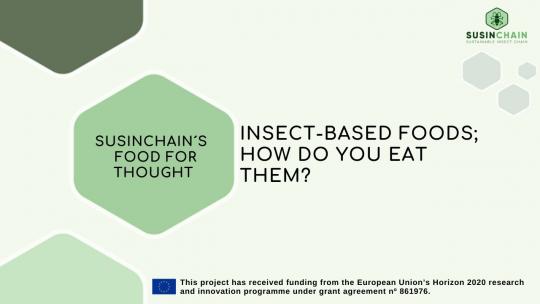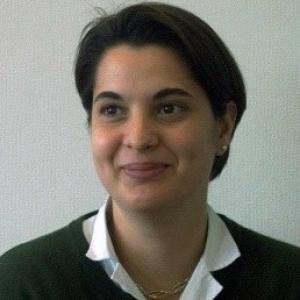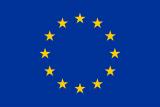
Promote change in eating habits, reducing the consumption of red and processed meats, through the adoption of innovative products based on edible insects and legumes? The challenge is on!
ChangeEat! – Dining Alternative Proteins is a behavioural change intervention taking place in Porto, between October and December this year. The study is led by Universidade Católica Portuguesa, at CATÓLICA-LISBON’s Business and Economics Research Unit (CUBE) and the Center for Biotechnology and Fine Chemistry (CBQF), Associated Laboratory of the School of Biotechnology (ESB) , being an integral part of the H2020 European project SUSINCHAIN - SUStainable INsect CHAIN. This project involves a research consortium with 35 partners in 14 countries.
The Portuguese Food Balance 2016-2020 estimates that 21% of the average daily calorie intake in Portugal comes from meat consumption. This represents more than four times the intake recommended by nutrition guidelines. In particular, and according to the results of the latest National Food, Nutrition and Physical Activity Survey (IAN-AF 2015-2016), each Portuguese adult eats, on average, close to 100 grams of red and processed meats daily. This far exceeds the value recommended for a balanced diet – 28 grams daily-, and even more the value suggested by the United Nations for a healthy diet from sustainable food systems – 14 grams daily.

Ana Isabel de Almeida Costa, Principal Research Associate at CUBE and one of the coordinators of ChangeEat!, describes as the main motivation for the intervention:
“Scientific evidence from interventions carried out in other countries shows that the creation of opportunities for young consumers to experience - free of charge and integrated in their daily lives -, a diversified offer of innovative food products, which configure safe, healthy, nutritious, tasty and easy to prepare alternatives to meat, is one of the most effective means of reducing red and processed meat consumption in the long run. That’s what we set out to achieve in Portugal with this intervention”.
“It is time to move from recommendations to action”, highlights Maria João Monteiro, Senior Researcher at CBQF and the other coordinator of the intervention:
“In Portugal, Change Eat! will select up to 56 couples, aged between 18 and 40, and help them transform their diets until the end of 2022, through the experience of cooking and eating innovative products made from edible insects and legumes, rich in alternative, healthy and sustainable proteins”.
FAO declared edible insects the food of the future, providing safe, healthy, nutritious, tasty and sustainable protein to potentially feed hundreds of millions of Europeans. Legumes are another healthy and sustainable source of protein for human consumption, with their consumption being one of the pillars of Mediterranean Diet. Minces, pastes, spice mixes, sausages and falafel - with Tenébrio, crickets, soy, peas, lentils and other protein-rich foods -, are some of the innovative products participants in ChangeEat! will have the opportunity to experience.
Curious to try them? And ready to change your diet this Autumn?
Learn here how to enrol as a participant in ChangeEat!, the intervention activities programmed and your benefits in taking part in this study.

Ana Costa is Principal Research Associate in Marketing and Consumer Behaviour at CATÓLICA-LISBON. She has a PhD in Consumer Behaviour and New Product Development from the Wageningen University in the Netherlands. Her research interests are Food Consumption Behaviour and Innovation in Food Industry and Retail.

This project has been funded with support from the European Commission. This publication reflects the views only of the author, and the Commission cannot be held responsible for any use which may be made of the information contained therein.